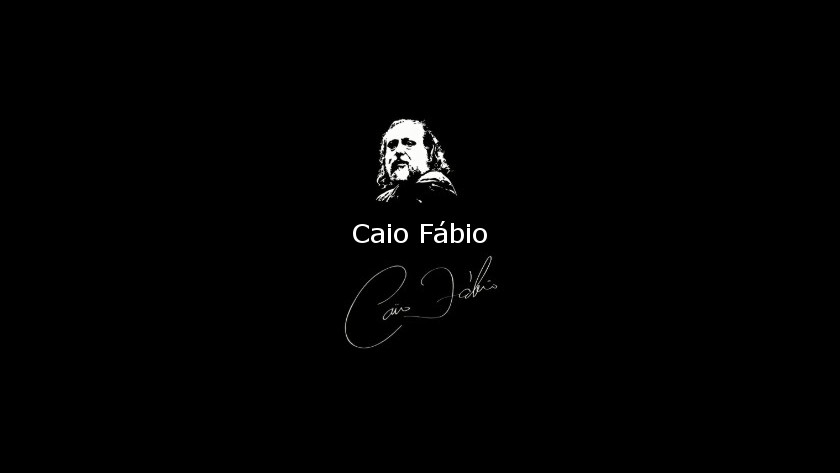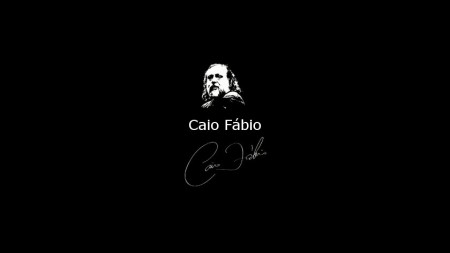
EXISTENTIALITY IN GRACE
Gratitude is the medicine for our whole being, and nothing can be better for our hearts.
Gratitude is born of Grace—the Grace that is given us as Love’s will.
When the human conscience meets Grace as a will of God’s love, a view of meaning in everything is developed, bringing about a nausea-free existentiality that is happy and blessed.
So, if Jean-Paul Sartre existentialized himself in nausea, in Christ I can existentialize myself in gratitude and gladness, since the existential principle that takes meaning away and produces nausea is also the principle by which the Spirit operates, producing gratitude and all fruit of gladness.
And which principle is this?
Kierkegaard named the hole. Jean-Paul Sartre filled it up with nausea. And I ask Jesus to fill mine with gratitude and gladness.
The principle is faith because of absurdity. Faith was substituted by the “moment-in-itself” or “act of will” and created nausea. Nausea, however, was touched by the will of God’s love and dived into gratitude regarding everything, to the point of knowing and acknowledging the paradox of struggling for a better life while knowing that everything is as it should be. For if there’s a lot you can change, there’s nothing you can do—even though Jesus wants to find us fighting every good fight.
In this way, all that has to change is changed, and nothing that won’t change is changed, but you are changed in the process, and, further ahead, you look back at your journey and see how everything was just as it should have been. At this point, you yourself can no longer imagine how it could have turned out so well if it hadn’t been that painful.
On the Way, some of your loved ones pass away—but they remain within you.
Others vanish. Others don’t think they should show up.
There are those who hurt us, but even being forgiven they don’t want to stay. There are those whose affection we win again. There are those who win ours. There are those who make us into their mission. There are those who are our missions. There are those who encourage us. There are those who are so close to us even being far away. There are those who are so near us, and so distant.
On the Way, there are all kinds of days. From the gloomiest to the lightest and brightest ones. All kinds of feelings are there too. And there’s a time for each of them. And all of them remain, although transformed into different ones, but never deemed as less essential.
But when we are on the Way, we see everything with new eyes. So, the same things turn into different things, not in themselves, but to us. Our assurance of the will of God’s love provides us with these new eyes.
Faith is what gives you this new way of seeing things.
It’s this way because if faith comes about because of absurdity, nothing is more absurd than to have peace and gladness in the world. Without faith, absurdity is the virtue, and Sartre’s nausea is a vomit consistent with a world seen faithlessly.
Faith is the existential reality in itself. Sartre’s “act of will”, though, is a faithless existential action, but with faith in the faithless act of will.
Only through faith existentiality will create the “good cheer” (“Take heart!”) Jesus spoke of. And you only can take heart if you believe that Jesus has overcome the world.
This is the victory that overcomes the world: our faith in Jesus, God with us, God in us; a human hope existencialized as Grace and Glory.
Now, gratefully celebrate your life, each person, each encounter, each pain, each caress, each love, each loss, each mistake, each waste, each deceit, each fright, each friend, each foe, each newborn, and each buried one.
Celebrate gratefully this broth of God’s Grace and Love which life is, regardless of all kinds of sauces that are thrown into it—quite spicy ones so that it gets very tasty.
This will be the beginning of gratitude!
Caio
_______________________________
From the original: “EXISTENCIALIDADE NA GRAÇA”
Translated by F. R. Castelo Branco | April 2007

